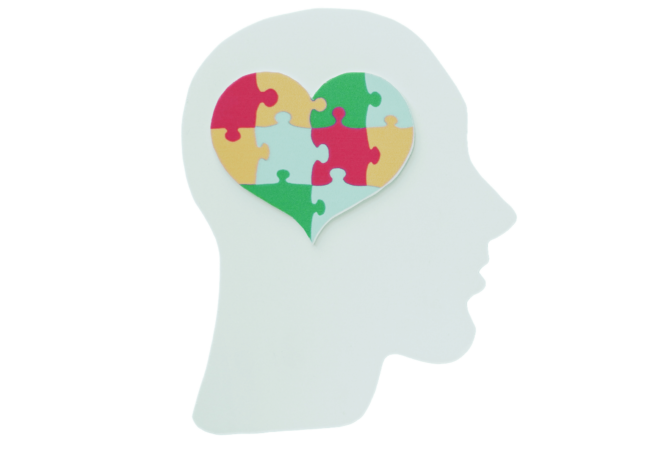
30th April 2025

What is Neurodiversity?
Neurodiversity is how we describe the fact that people have brains that function differently from one another. This includes neurodivergent people, whose brain functions might be different from what’s considered "typical" - and explains how neurodiversity of all kinds sit on a spectrum.
Neurotypical people (with ‘standard brain functions) used to be called "normal," and people who weren't neurotypical were treated as if they had disorders. Neurodiversity advocacy focuses on embracing and celebrating neurodivergent brains - instead of trying to ‘fix’ them and make them neurotypical.
Unlike neurotypical people, neurodivergent people are usually made aware that their brains work differently. By understanding neurodiversity, we can look at each other and appreciate that we all function differently. Instead of thinking there are "right" and "wrong" ways of functioning, we can embrace all of these differences.
Examples include autism, attention deficit hyperactivity (ADHD), and dyslexia (the most well-known examples), and there are many others, too. Neurodivergent people often feel "different" from an early age, and may struggle to feel like they "fit in".
Neurodivergent people may not know for certain, or may choose not to disclose a diagnosis, so it is not safe to make assumptions about anybody's thinking style.
In a diverse world full of differing opinions and information overload, it can be difficult to know how to support the neurodivergent people in our lives. You can consider the following:
Author: Fiona Connor, Senior Geotechnical Engineer, GDG
